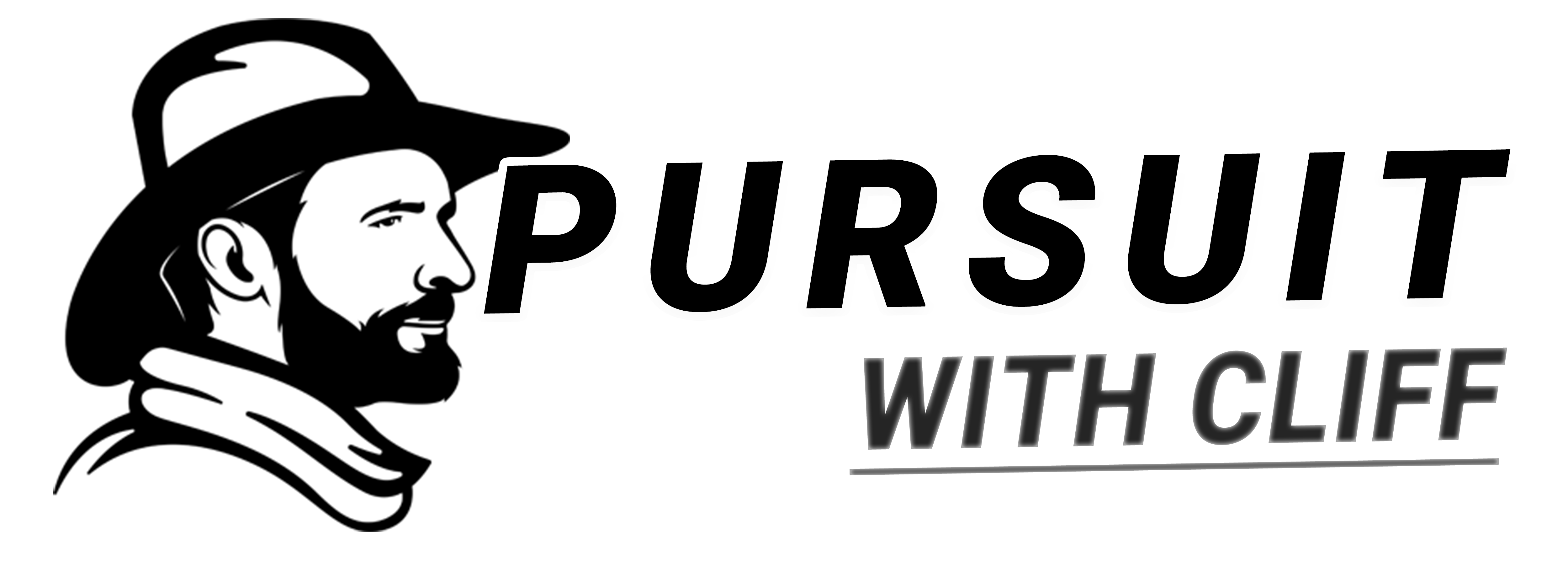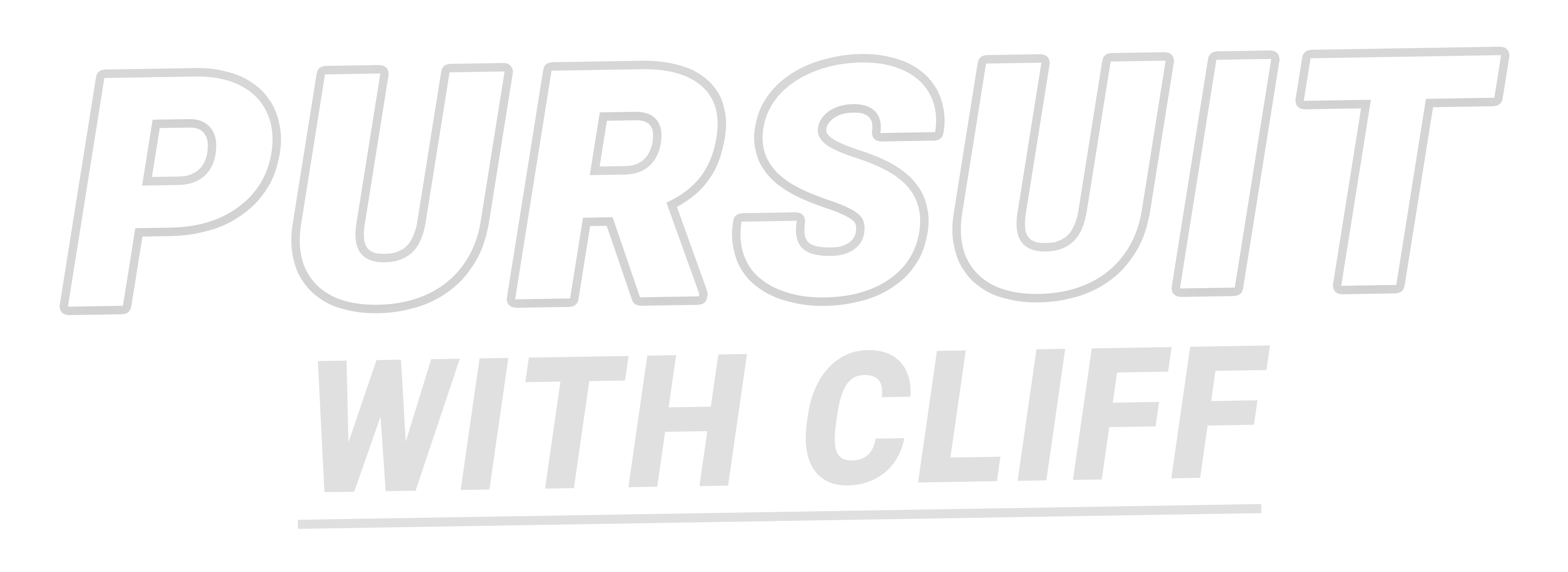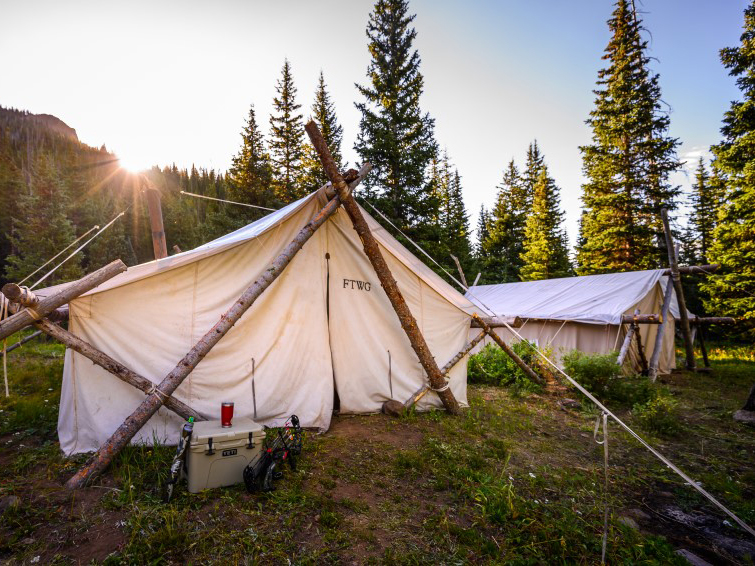Advice from Those Before You
When asked about getting into hunting later in life, a very successful client of mine had this to say:
“To me, it (the most important thing as you learn about hunting) is finding good outfitters, then asking lots of questions, not caring if they think you are an idiot” – Brent F.
Another past client, who still goes on guided hunts but is also an accomplished DIY hunter, had this to say:
“Going with a guide provides for huge learning opportunities, podcasts help too.” – Jesse D.
Tips on Choosing Outfitters/Guides
I’ve setup 1,000+ hunts for hunters over the years, so here’s the inside scoop: Choosing guides/outfitters is all about matching your expectations with the opportunity being sold.
On each hunt you book, first get an understanding of the range of hunt experience (accommodations, food, guide quality, outfitters cost of operations), hunt quality/success and hunt variability for that specific kind of hunt. As you can imagine, these factors will be correlated to cost. Hence, you need to prioritize what is important to you and stick to it. You also need to have set criteria on the type of hunt you are shooting for.
Part II of our hunting series touches on some criteria I recommend for new hunters.
Once you have the criteria you are looking for in a hunt, write-up a list of questions to ask guides/outfitters. Don’t make it an overbearing list that you will never get through in casual conversation, but make a concise list of 8-12 questions. Make sure every outfitter answers those questions for you.
“I also called outfitters and references with a set of written questions. No one tells you they suck, but you start to get a sense of who is professional.” – Brent F.
“I would also add that there is value to booking agents. I think that is a huge advantage. Understand that it is not always the cheapest route, but if you can budget for it, they are great. I have sent a few folks with means that way and it really helps. I had Jack Atcheson book me an archery elk hunt in Montana before I booked the $$ hunts, and he treated me like I was booking an elephant hunt. I think that is important and can really help. I hunted snow sheep with a guy with 38 species of sheep and goat, big 5, 9 spiral horned etc… When I asked him his best advice, it was to develop a relationship with a booking agent.”
-Brent F.
Your Personal Goal
Real life shooting experience? Building your comfort level in wilderness/remote country? Field dressing game? There are endless skill sets you should be working on as a hunter (described in Part I), so make it a point to emphasize one on each hunt. Most hunts are going to work well with some learning goals, while having little use on others. Be overt with guides and outfitters on these goals when booking. Good providers will tell you if they can match that demand, and suggest other outfitters if they can’t.
Hunt Experience
If you want a wall-tent, deep in the wilderness trip, don’t get convinced of going on a hunt out of a ranch house on 1,500 acres. If you want a comfortable, shower every night experience don’t go on a backpack hunt. Good outfitters/guides will help you through this. We don’t want to do deal with upset folks based on these expectations.
You probably have something “that has always been appealing” when you have thought about hunting. Focus on what you want, but also push your comfort level a bit. Go into this with the right attitude and know what to expect. If you have never camped before, do you want to in the Montana wilderness for the first hunt? If you do, go in with an adventure mindset. There will be challenges, but that is part of the reason you are there!
One tip here is to understand that more rustic accommodations does not equate to a lower cost hunt. Cost of operations is what matters. A wall-tent camp, horse and mule only accessibility, with no running water, cots, and no power is going to have similar operational cost as a 5-star lodge. This is due to logistics on the outfitters end. Hence, make sure your expectations here line-up, and you spend your money where it makes sense for you personally.
You should be more focused on asking questions within an apples-to-apples comparison of experiences. Do your wall-tent camps have a dedicated cook in them, or do the guides do the cooking? On backpack hunts, what type of backpack tents do you provide? On lodge hunts, what does the lodge look like? Are they single rooms or is it a bunkhouse setup?
If you find yourself comparing two different hunt experiences (should I do a lodge hunt for $X vs backpack hunt for $X), be careful! This is where hunters run into trouble. They shave off a couple hundreds bucks, but end up doing something way out of their initial criteria.
Hunters tend to rely on references way to much when it comes to success rates and game quality, but rely on them too little for hunt experience. Hunt experience is controllable by the outfitter/guide and should have little variability. Hence, talking to references on this metric should give you a realistic expectation. Does the guide/outfitter have their shit together?
The last thing to consider on the experience front, particularly as a new hunter, is how much you “click” with the outfitter and his guides. You want to hunt with folks that you feel comfortable asking questions, getting explanations and learning from. If there is any rift between you and your guide/outfitter, this can be a challenge and will ultimately slow your progress on the learning curve.
Hunt Quality and Success
Hunt quality/success will mean different things for different kinds of hunts. For newer hunters, focus on average number of shot opportunities and actual harvest rate.
The first screening mechanism should be excluding guides/outfitters who make claims far and above what the consensus view is on a specific hunt. This involves some broad market research on the hunt you are focused on.
First, speak to several outfitters offering the same or similar hunt at comparable pricing. If 9 outfitters claim a success rate of 30-40% while the 10th outfitter claims 95%, be wary of that 10th guy.
In many cases you can even use published statistics to support your due diligence. Let’s work through an example.
Assume you want to do a guided hunt in a wilderness area, horseback, for over-the-counter bull elk in the US. First thing you can do is research the success rate via the States’ Fish and Game websites (all the Western States provide these numbers). You will see that success rate for these tags runs 10-30%. Hence, outfitters who claim year-over-year success of 75-100% can be screened. An outfitter can double success rate on tags, maybe even 2.5x it, but beyond that is hard to imagine.
Another example would be cow elk hunts. In many units, State stats will show a 40-60% success rate. Here if an outfitter is claiming a 90-100% success rate, it’s not outlandish.
After you have booked and been on several guided hunts, you will get a sixth sense for guides/outfitters that don’t manage expectations and set the bar above what they can actually achieve.
In discussions with you, note that many outfitters are going to want to focus on “shot opportunity” instead of harvest rate. This is a reasonable way to look at things. From a guide’s perspective, there is a ton of variability in clientele. Hence, shot opportunity is a more fair metric. Some clients only need one opportunity to harvest, where an extreme case client might need five or six.
On “trophy” expectations – don’t watch hunting shows and begin to think there are monsters around every corner. On many hunts, you need to be ready to be happy with anything. Early on, any harvest is a trophy with a story you will remember forever. The usual “don’t pass on the first day what you would shoot on the last day” is great advice. If a guide (US-Based, with no language barrier) tells you to shoot an animal, do it. Only pass if you don’t feel comfortable with the shot. Don’t pass because you think there will be something bigger/better. You might get one chance, and guides are typically reliable in this regard.
Hunt Variability
This is the one area of choosing hunts that is most misunderstood and prone to a mismatch in expectations and outcomes. This is going to sound ridiculous, but you must appreciate the inverse of quoted harvest/success rates. When many folks are told “75% harvest rate”, they hear the “the majority of client’s harvest”…. then a few weeks pass and their mind morphs that thought into, “everyone harvests”… then by the time of the hunt, “I will harvest”. The proper way to think about the hunt is “1/4th of the hunters on this hunt will go home empty handed. Period.” That means that, even with a high success rate hunt, it may take you several hunts to be successful.
To complicate things further, a “75% success rate” can mean different things statistically. It could mean that every year the success rate is 75% (zero variability). It could also mean that for every three years, one year’s success rate is 25% while two years’ success rates are 100% (lots of variability). Usually this variability is due to weather sensitive hunts. Ask guides and outfitters about the year-to-year variability of their hunts. What conditions are present during high success seasons?
Variability is what makes past hunter references iffy, at best, when it comes to discussing success rates. Outfitters are going to give you a biased list of clients as references. Those references can inadvertently give you a false impression of how consistent and successful a hunt is. In my own operating businesses, I ran into this source of mismatched expectations between incoming hunters and hunters I used as references. I began a policy of only offering references who had hunted with me multiple times and had been exposed to differing conditions on those hunts.
If you understand the above, you will be a lot less stressed out about the outcome of hunts that don’t go your way. It’s going to happen. You will also know how to better value hunts according to your goals.
Do Your Part
“…it is about a good attitude, practice shooting, be able to focus on being a good client, which means being able to get into the position your outfitter has for you.” -Brent F.
If you want the most out of guides/hunts, discuss the guide’s expectations of you early on in the booking process. Try to meet those expectations. If that means an exercise program, start early. If it means stretching your shooting capabilities out to 450 yards, get to the range now – not later. You aren’t paying to be told what to do, but you want to get the most out of the hunt.
The vast majority of hunters I have guided believe they are better than the average hunter I guide. This, of course, is a mathematical impossibility. Take it upon yourself to make 100% sure you are in the top half, and you will end up getting 2-3x more value for your dollar on guided hunts.
Follow-on Articles:
Get Started Hunting – Part I – Requirements, Gear, Ethics, Skillset
Get Started Hunting – Part II – Planning and Picking Your First Hunts


